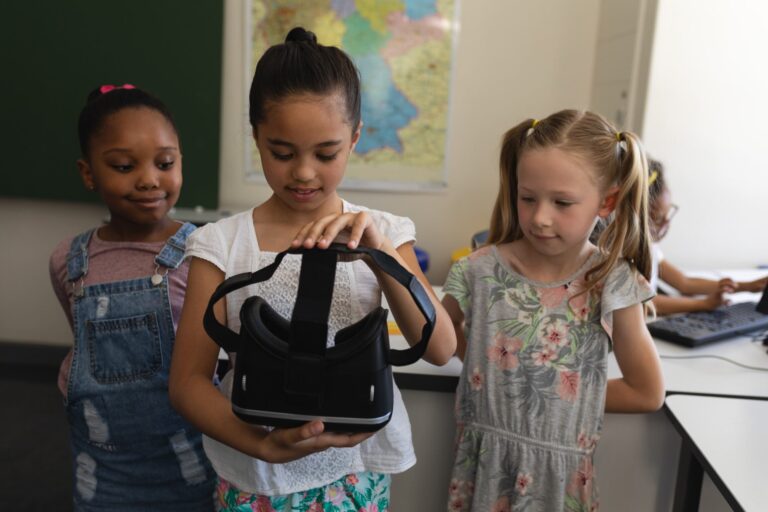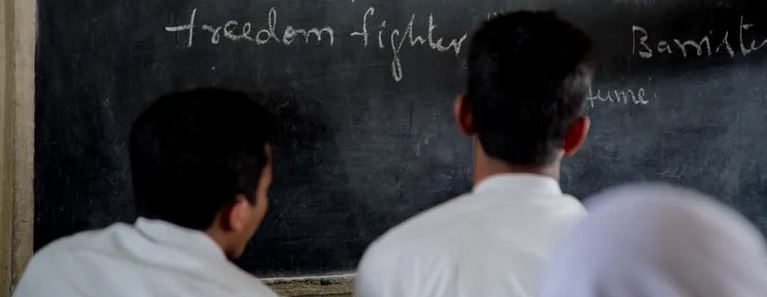By Cheryl Cumings | 6 September, 2016
Introducing Coding to Middle and High School Youth Who Are Blind
by Cheryl Cumings
Our Space Our Place (OSOP) was founded by a person who is blind whose passion is to improve the lives of youth who are blind. OSOP is an after school and career exploration program for middle and high school youth who are blind. Two-thirds of people who are blind and want to work are unemployed. Our goal is to change this reality for future generations.
By offering a year-round program, we provide a place where being blind or low vision is not a student’s defining characteristic, and we allow students to explore and develop important and valued aspects of their personalities, talents, and skills. In so doing, we fulfill our mission of preparing students who are blind to involve themselves in activities in their local community, develop friendships, lead activities, gain self-confidence, and explore career and educational options.
Technology touches many aspects of our daily lives. This reality coupled with the fact that there is a persistent high rate of unemployment among people who are blind, led to two questions:
- What can be done to position youth who are blind to pursue careers in the technology field?
- What can be done to have people who are blind as creators and not just users of technology?
Working with a group of advisors, we investigated tools which are used to introduce youth to programming. Programming or coding was selected because this is the underlying structure which gives instructions to the technology on how to function. Our research showed that there are many programs which introduce youth to coding but they are not accessible to youth who are blind. Our goal was to identify a coding language which someone who is totally blind can easily learn, write independently and check independently. We learned that the basic programming tools such as Hypertext Markup Language (HTML), Cascading Style sheets (CSS) and JavaScript with Notepad are accessible to students who use speech and students who use large print to access the computer. Therefore, we decided to teach HTML, CSS, and JavaScript.
As one instructor said, “Within a week we can begin demystifying what makes computers and the web function.” Our instructors were blind and therefore knowledgeable about the programming language and the accessibility tools needed to efficiently use the computer. The result was a week-long learning opportunity for middle and high school youth who are blind.
Five students participated in-person and 1 student joined us via Skype. Microsoft MA provided space and the laptops. Freedom Scientific provided JAWS and MAGIC. Volunteers who were professional coders and students of computer science joined us. The volunteers partnered with each student and provided one on one assistance as the instructors led the classes.
Days were spent learning coding and meeting professionals in the technology field. One student commented that before taking the class she thought she knew a lot about computers but the class showed her that there’s a lot more to learn.
The Coding Camp achieved its goals of introducing youth who are blind to computer programming and providing opportunities for students to interact with professionals, some of whom are legally blind, who work in the technology field. All of the students said that they really appreciated the chance to hear from people working in the technology field. The students were proud of their accomplishments. By the end of the class, each student created a website. This link shows the students’ websites.
Moving forward, the Coding Camp will be offered from October to March. Students will meet the first Saturday of the month beginning Saturday, October 1. If interested in participating, please call: (617) 459-4084.

 Email
Email Print
Print Like
Like

